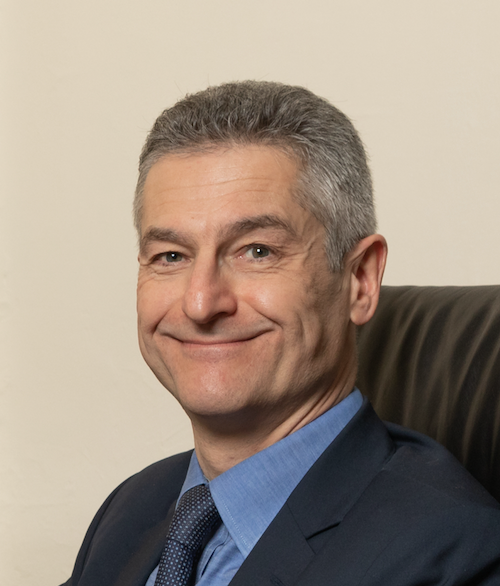Find out more
Connect
-
Blog Archive
Tags
- adverse childhood events
- Alzheimer's disease
- antidepressant
- antidepressant treatment
- asthma
- blood pressure
- China
- Cognitive Decline
- concussions
- COVID-19
- death
- dementia
- demyelinating disease
- Depression
- diabetes
- endogenous opioids
- functional symptoms
- healthy brain aging
- heart rate
- hysteria
- Inflammation
- informed consent
- Insulin
- keto
- long-term effects
- medically unexplained symptoms
- Medication effects - wanted and unwanted
- Memory and Memory Loss
- military
- Mortality
- older people
- Pain and Headache
- Panic
- Panic Disorder
- Parkinson disease
- Population-based
- Psychological Stress and PTSD
- separation anxiety
- sleep
- stroke
- suicide
- telemedicine
- Traumatic Brain Injury
- Vitamin D
- war

Maurice Preter, MD
Maurice Preter, MD is a European and U.S. educated psychiatrist, psychotherapist, psychopharmacologist, neurologist, and medical-legal expert in private practice in Manhattan. He is also the principal of Fifth Avenue Concierge Medicine, PLLC, a medical concierge service and health advisory for select individuals and families.
